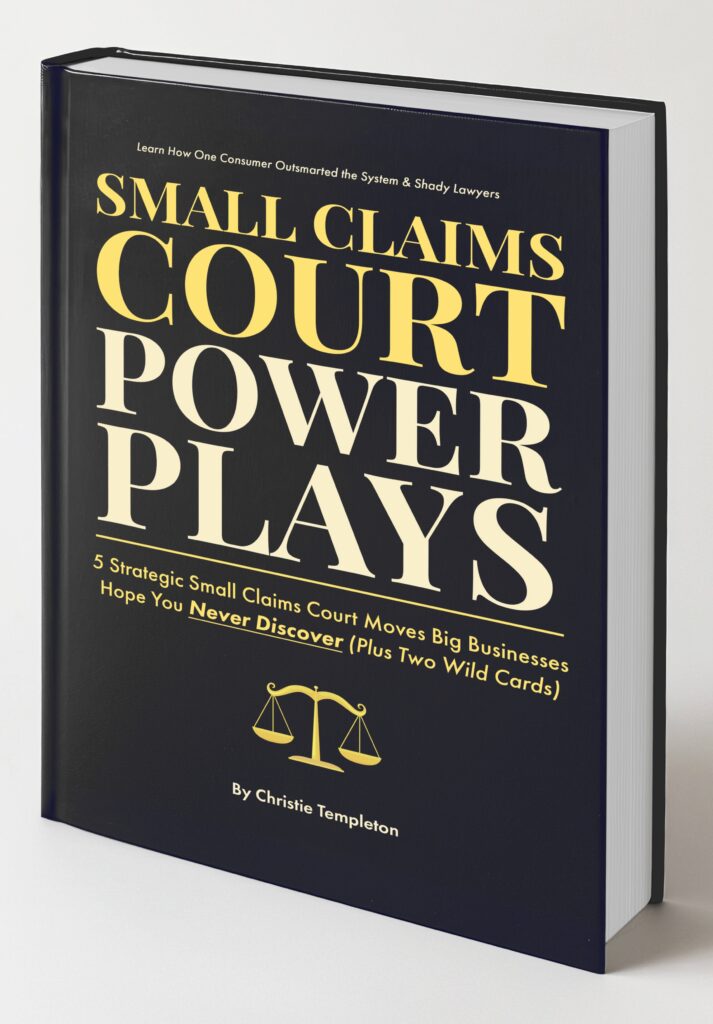Top 10 Reasons People Sue Home Renovation Contractors, and How to Start Your Own Lawsuit
When a home renovation goes wrong, it can cost more than just money, it can cost time, peace of mind, and in some cases, the livability of your home. Unfortunately, many homeowners have to resort to legal action to hold contractors accountable. Below are the top 10 reasons people sue renovation contractors, and a practical guide on how to start your own lawsuit if you’ve been wronged.
1. Breach of Contract
This is the #1 reason lawsuits happen. A contractor may fail to complete the project on time, deliver subpar work, or abandon the job entirely. If the written contract terms aren’t met, you may have solid grounds to sue.
2. Poor Workmanship
Shoddy craftsmanship can lead to dangerous conditions or costly repairs down the road. Crooked tiles, uneven flooring, leaky plumbing, bad work is a big reason people seek legal recourse.
3. Abandonment of the Job
Contractors who take a deposit, start a few tasks, and then disappear are sadly not uncommon. If a contractor ghosts you mid-renovation, you may be entitled to damages.
4. Overcharging or Hidden Fees
Homeowners often sue when contractors add surprise costs that weren’t agreed to in writing. A detailed contract can help prevent this, but if you’re charged for unapproved extras, a lawsuit may be your best option.
5. Failure to Get Permits
If a contractor skips the permit process, you could be fined or forced to tear down completed work. That’s not just negligence, it can be legal grounds for a claim.
6. Code Violations
If the renovation doesn’t meet building codes, it may pose safety hazards and lower your property value. You can sue to force repairs or recover costs.
7. Property Damage
Sometimes contractors cause more harm than good, damaging walls, furniture, floors, or even your foundation. If they won’t pay to fix it, you can take legal action.
8. Incomplete Work
If they pack up and leave before finishing, or leave large portions undone, you can sue for the cost to hire someone else to finish it correctly.
9. Use of Inferior Materials
Some contractors cut corners by using cheap or off-brand materials, even when you paid for higher-end supplies. That’s fraud, and you may have a case.
10. Personal Injury
If poor work leads to injury, whether from faulty electrical wiring, unsafe stairs, or collapsing structures, you can sue for medical bills, lost wages, and more.
How to Start Your Own Lawsuit Against a Contractor
If you’re ready to fight back, here’s a simple, step-by-step roadmap to start a lawsuit, even if you’re doing it without a lawyer.
Step 1: Gather Evidence
You need:
- A signed contract (or written agreement, emails, texts)
- Before-and-after photos
- Invoices, receipts, and proof of payment
- Written complaints you made (texts, emails, etc.)
- Inspection reports (if applicable)
- Witness statements (if available)
Step 2: Send a Demand Letter
Before suing, send a written letter outlining what the contractor did wrong, how much they owe you, and what you expect them to do to fix it. Give a firm deadline (7–14 days) and state you’ll pursue legal action if they don’t respond.
Step 3: Decide Where to Sue
For most homeowners, small claims court is the best option. It’s cheaper, faster, and doesn’t require a lawyer. Each state has a dollar limit (usually $5,000–$10,000).
If your damages exceed the small claims limit, you’ll need to file in a higher court, which may require legal representation or self-representation in civil court.
Step 4: File the Lawsuit
- Go to your local courthouse or file online (if available).
- Fill out the complaint form (you’ll be the “plaintiff”).
- Pay the filing fee (usually $30–$150).
- List your damages clearly and include supporting documentation.
Step 5: Serve the Contractor
You must legally “serve” the contractor with the court paperwork—usually by certified mail, sheriff, or professional process server.
Step 6: Prepare for Court
- Organize your evidence in a binder or folder.
- Practice explaining your side clearly and calmly.
- Bring printed photos, receipts, and a timeline.
- Show up on time and dress appropriately.
Bonus Tip: Don’t Be Intimidated
Contractors may threaten to countersue, claim it’s your fault, or even try to scare you off with legal jargon. Don’t back down. If you’ve documented your damages and followed procedure, you have every right to pursue justice.
Final Thoughts
Renovation nightmares are more common than they should be, but you’re not powerless. By documenting everything and standing up for your rights, you can protect yourself, your home, and your wallet.
If you want a deeper breakdown of how to win in court without a lawyer, consider reading Small Claims Court Power Plays, practical strategy guide for consumers who are tired of being pushed around.
What to Watch Out For
Just because small claims court is supposed to be lawyer-free doesn’t mean the dealership will play fair.
In many states, businesses can’t bring a lawyer into the courtroom, but they can be trained, coached, and prepped behind the scenes. That means the person you face in court may have already rehearsed what to say, what not to admit, and what tricks might make you panic or second-guess yourself.
Here’s what shady dealerships (and their behind-the-scenes lawyers) might try:
- Claim they never received your demand letter, even if you have proof
- Show up with a “manager” who suddenly knows all the right legal terms
- Try to confuse the court by misnaming you or denying the transaction ever occurred
- Drop intimidating paperwork on you at the last minute, hoping you’ll fold
- Pretend they’re going to file a counterclaim, even if it’s nonsense
These aren’t rare tactics, they’re playbook moves. And if you’ve never been to small claims court, they might work on you.
That’s why my book exists. Small Claims Court Power Plays doesn’t just teach you how to file, it teaches you how to counteract legal bullying, outmaneuver stall tactics, and win when the dealership thinks you’re just some amateur. Don’t let them ambush you. Get the strategies that put you back in control.
Final Thoughts: Don’t Let Them Win by Default
Car dealerships are used to consumers giving up. They expect that you won’t push back.
But you can.
You don’t need a lawyer. You don’t need thousands of dollars. You just need your voice, your proof, and a little help from someone who’s already fought this battle.
Ready to win? Download Small Claims Court Power Plays and get all the legal tricks, scripts, and templates you need to beat shady businesses in court.




